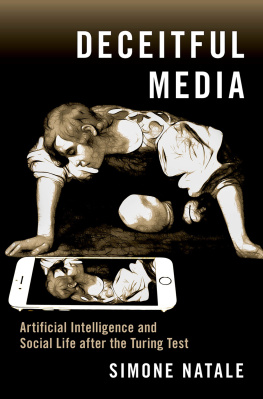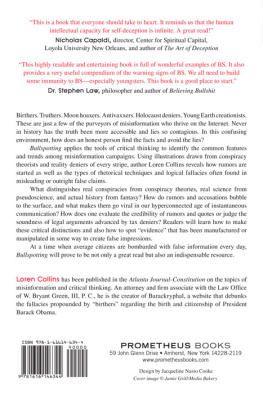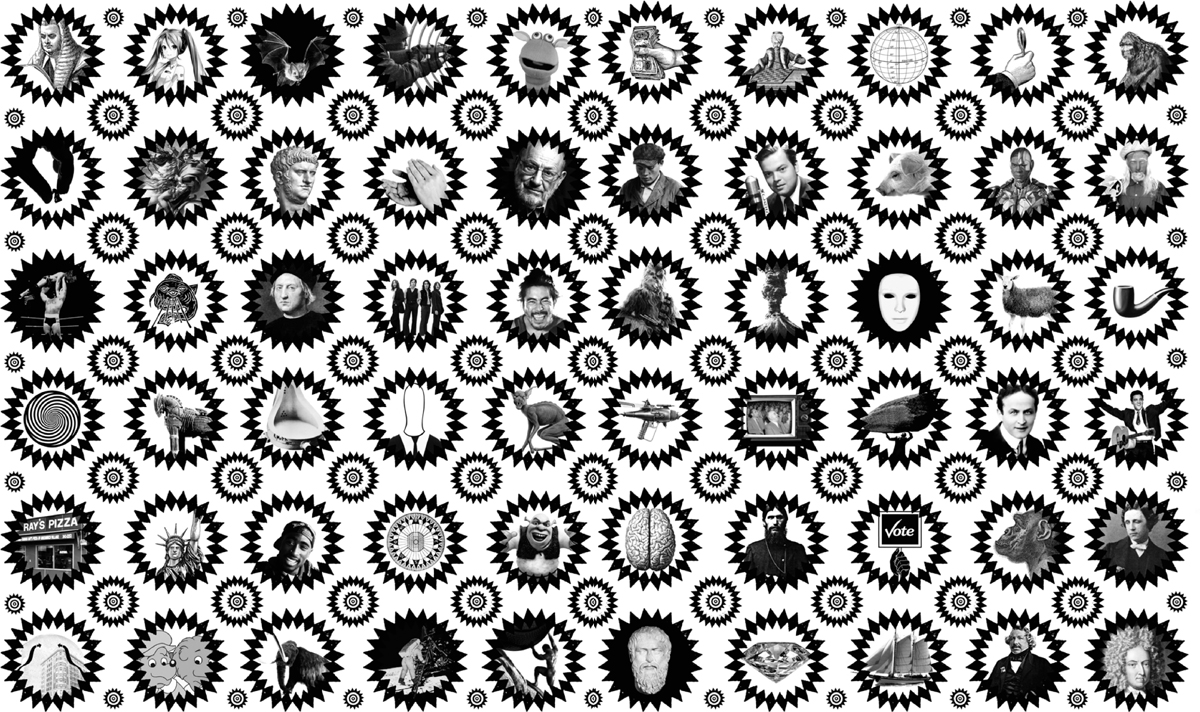Rex Sorgatz - Encyclopedia of Misinformation: A Compendium of Imitations, Spoofs, Delusions, Simulations, Counterfeits, Impostors, Illusions, Confabulations. Conspiracies & Miscellaneous Fakery
Here you can read online Rex Sorgatz - Encyclopedia of Misinformation: A Compendium of Imitations, Spoofs, Delusions, Simulations, Counterfeits, Impostors, Illusions, Confabulations. Conspiracies & Miscellaneous Fakery full text of the book (entire story) in english for free. Download pdf and epub, get meaning, cover and reviews about this ebook. year: 2018, publisher: Abrams, genre: Religion. Description of the work, (preface) as well as reviews are available. Best literature library LitArk.com created for fans of good reading and offers a wide selection of genres:
Romance novel
Science fiction
Adventure
Detective
Science
History
Home and family
Prose
Art
Politics
Computer
Non-fiction
Religion
Business
Children
Humor
Choose a favorite category and find really read worthwhile books. Enjoy immersion in the world of imagination, feel the emotions of the characters or learn something new for yourself, make an fascinating discovery.
- Book:Encyclopedia of Misinformation: A Compendium of Imitations, Spoofs, Delusions, Simulations, Counterfeits, Impostors, Illusions, Confabulations. Conspiracies & Miscellaneous Fakery
- Author:
- Publisher:Abrams
- Genre:
- Year:2018
- Rating:4 / 5
- Favourites:Add to favourites
- Your mark:
Encyclopedia of Misinformation: A Compendium of Imitations, Spoofs, Delusions, Simulations, Counterfeits, Impostors, Illusions, Confabulations. Conspiracies & Miscellaneous Fakery: summary, description and annotation
We offer to read an annotation, description, summary or preface (depends on what the author of the book "Encyclopedia of Misinformation: A Compendium of Imitations, Spoofs, Delusions, Simulations, Counterfeits, Impostors, Illusions, Confabulations. Conspiracies & Miscellaneous Fakery" wrote himself). If you haven't found the necessary information about the book — write in the comments, we will try to find it.
How have the media, government, technology, and history deceived us? Have fake and real become indistinguishable? Were we ever unburdened of disinformation, or is deception bound to the human experience? Are we being manipulated right now, or worse yet, are we deceiving ourselves?
These are the provocative questions within The Encyclopedia of Misinformation, a compendium of deception and delusion throughout history. In a frolicking series of vignettes, author Rex Sorgatz saunters through propaganda and subterfuge in eclectic contexts, including science and religion, comedy and law, sports and video games.
Slingshotting through conspiracy theories, internet and popular culture, and perplexing psychological phenomena, this compendium illuminates deliriously diverse subjects: Artificial Intelligence, Auto-Tune, Chilean Sea Bass, Claques, Clickbait, Cognitive Dissonance, Cryptids, Dark Matter, False Flag Operations, Gaslighting, Gerrymandering, Kayfabe, Laugh Tracks, Milli Vanilli, Phantom Time Hypothesis, Photoshopping, Potemkin Villages, Rachel Dolezal, Strategery, Truthiness, and the Uncanny Valley.
Encyclopedic in scope, but with an incisive voice tuned to these bedeviling times, this is the modern reference book to engage a world rife with artifice and deception.
Rex Sorgatz: author's other books
Who wrote Encyclopedia of Misinformation: A Compendium of Imitations, Spoofs, Delusions, Simulations, Counterfeits, Impostors, Illusions, Confabulations. Conspiracies & Miscellaneous Fakery? Find out the surname, the name of the author of the book and a list of all author's works by series.


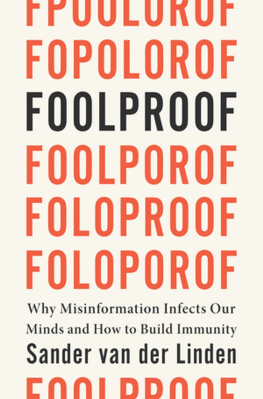



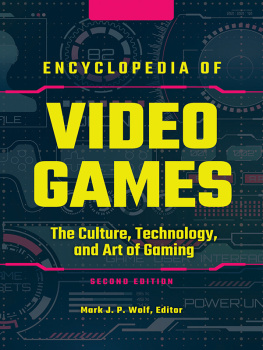
![Mark J. P. Wolf (editor) - Encyclopedia of Video Games: The Culture, Technology, and Art of Gaming [3 volumes]](/uploads/posts/book/279290/thumbs/mark-j-p-wolf-editor-encyclopedia-of-video.jpg)
